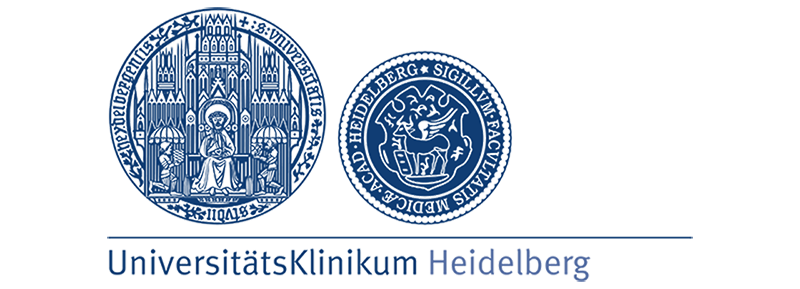Study aims and benefits
In the course of the worldwide refugee and migration movements, daycare centers and childcare facilities are also confronted with an ever-increasing social and cultural diversity. This can pose enormous challenges for pedagogical professionals and complicate the relationship building between child and professional.
Our study investigates the efficacy of the educator:in program on the subjective stress perception of the pedagogical professionals as well as the parents of the daycare children. During the one-day training, pedagogical professionals are trained on the basis of a mentalization-based attitude for trauma- and culture-sensitive aspects with crèche children and their parents with a migration background and/or flight experiences. In this way, they should be able to respond to the needs of this group of people in a trauma- and culture-sensitive manner during the children's familiarization phase.
In addition, such a preventive educator:inside program with trauma- and culture-sensitive aspects can support a successful attachment to an institution in the new home country and thus contribute to an early integration possibility of the daycare children as well as their families. Therefore, we would like to investigate to what extent the training also indirectly affects the children's development. Children who may have experienced a traumatic event should receive support in their everyday life. If necessary, the transition to appropriate care systems (e.g. psychotherapy) should be facilitated.
Objectives of the START Childcare study are....
- Review the effectiveness of the mentalization-based and attachment-oriented educator:ing program,
- Implementation and dissemination of the training to support educational professionals in dealing with families with migration background and/or refugee experiences,
- Prevention of psychological stress of crèche children and their parents with migration background and/or flight experiences.
Study procedures for parents and their children
The study includes a longitudinal research design with three questionnaire-based measurement time points for the parents of the daycare children: T1 (at the time of settling in) - T2 (after 6 months) - T3 (after 12 months).
Validated questionnaires on subjective stress perception, a screening on traumatic experiences in childhood, postmigration stressors, mentalizing ability, parental trauma symptomatology, psychopathology, other-assessed child symptomatology, other-assessed child trauma symptomatology and other-assessed child development will be collected.
Ablauf für die pädagogischen Fachkräfte
The educational professionals will be interviewed at four questionnaire-based measurement time points: T0 (before participation in the training) - T1 (after participation in the training) - T2 (after 6 months) - T2 (after 12 months). Validated questionnaires on subjective stress perception, occupational self-efficacy, occupational stress, cultural sensitivity in the nursery, traumatic experiences in childhood, psychological well-being, psychopathology, mentalizing ability as well as emotion regulation are collected.
In addition, an ambulatory measurement of stress and emotional experience via smartphone app takes place among the pedagogical professionals before and after participation in the training over seven days with several measurements per survey day (START B2).
Contact
Coordinators
Prof. Dr. phil. Svenja Taubner
Dr. phil. Julia Holl
Institut für Psychosoziale Prävention
Zentrum für Psychosoziale Medizin
Universitätsklinikum Heidelberg
Project Duration
2019-2022.
